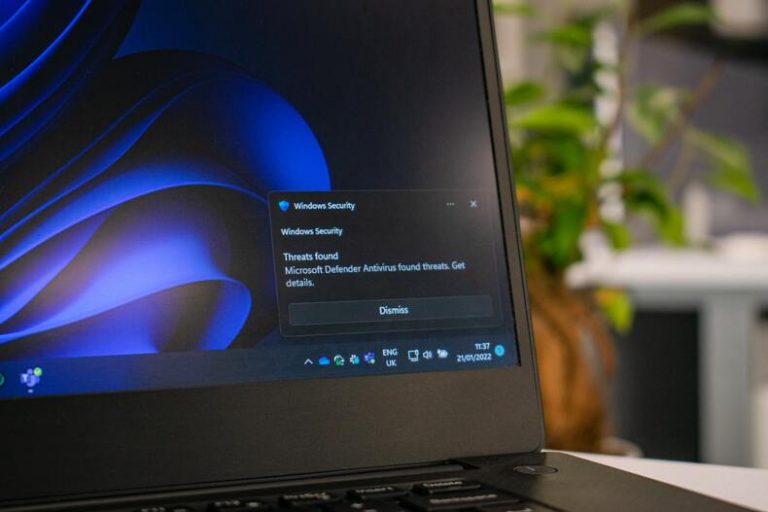7 Reasons to Use Security Tools on Your Smartphone
Smartphones have long replaced computers as the most commonly used devices for web browsing, communication, and even gaming. With such popularity comes increased security risk. Threat actors are increasingly shifting their focus to smartphone exploits.
One way to combat this rising trend is the development and use of security tools. This article will cover seven reasons you should install security tools on your smartphone.
1. Protection against unauthorized access
Security tools can add an extra layer of protection to your phone by requiring a fingerprint, password, or PIN to unlock it. Using biometric authentication, like fingerprints or facial recognition, is particularly effective. Some security tools can lock the phone’s SIM card and prevent unauthorized access to the phone’s network.
One tool that’s very useful in preventing unauthorized access is a password manager. A password manager is a tool that can securely store and manage your passwords and other sensitive information on your smartphone, such as credit card numbers. To maximize your security, choose a strong master password for the password manager, and enable two-factor authentication.
2. Protection against malware and viruses
Security tools can scan your phone for malware and viruses and remove them if detected. Threat actors constantly try to spread malware through malicious apps, links, and other methods. A security tool with scanning capabilities will notify you if your device is infected. It can also help remove the affected files before the malware spreads even further.
3. Protection against spyware or tracking apps
Security tools can detect and remove any spyware or tracking apps that may have been installed on your phone without your knowledge.
Another approach is to use a virtual private network (VPN). A VPN can encrypt all your internet traffic, hiding your online activity and preventing tracking apps and spyware from affecting your device. Some VPNs can even cover the previous point, as they can scan files for viruses. To use your VPN effectively:
- Choose a reputable VPN provider
- Use the VPN on all devices
- Connect to the VPN before accessing sensitive information
- Connect to a VPN server near you
- Keep the VPN software updated
4. Protection against phishing
Security tools can block phishing attempts. These are attempts to trick you into giving away personal information. Phishing is one of hackers’ most popular tactics to spread malware or get sensitive information. Phishing attempts on smartphones can be distributed through SMS, Email, and phone call.
5. Protection against lost or stolen devices
Security tools can help you locate your phone if it’s lost or stolen. They can also enable you to remotely lock or wipe the device to prevent unauthorized access to your data.
If you lose your device, it’s critical to have a way to recover your data. Cloud storage is a great tool for protecting against data loss. You can access cloud servers over the internet from any device, which means your data is not tied to one particular device.
It’s important to find a reputable cloud storage provider with strong security features. To maximize your cloud storage efficiency, back up your sensitive data regularly.
6. Protection against unwanted calls and messages
Security tools can protect against unwanted calls and messages in a few different ways. One approach is to use a call blocker or spam filter to identify and block unwanted calls and messages automatically. These tools can be built into a device’s operating system or downloaded as an app.
Additionally, many security tools can now detect and block robocalls, which are automated calls often used for telemarketing or scamming.
7. Protection against vulnerabilities
Security tools can scan your phone for vulnerabilities and provide software updates to fix them. A mobile security app can regularly check for updates and patches for the device’s operating system and installed apps. This ensures that vulnerabilities are addressed as soon as possible.
It’s much easier to rely on an app to install updates for you instead of remembering to do it manually.
Final thoughts
It’s important to note that no security tool can guarantee to protect you completely against all spyware. But it can greatly reduce the risk of being affected by it.
Additionally, it’s important to be cautious when downloading apps and clicking on links, especially from untrusted sources, to avoid unknowingly installing spyware on your device.







